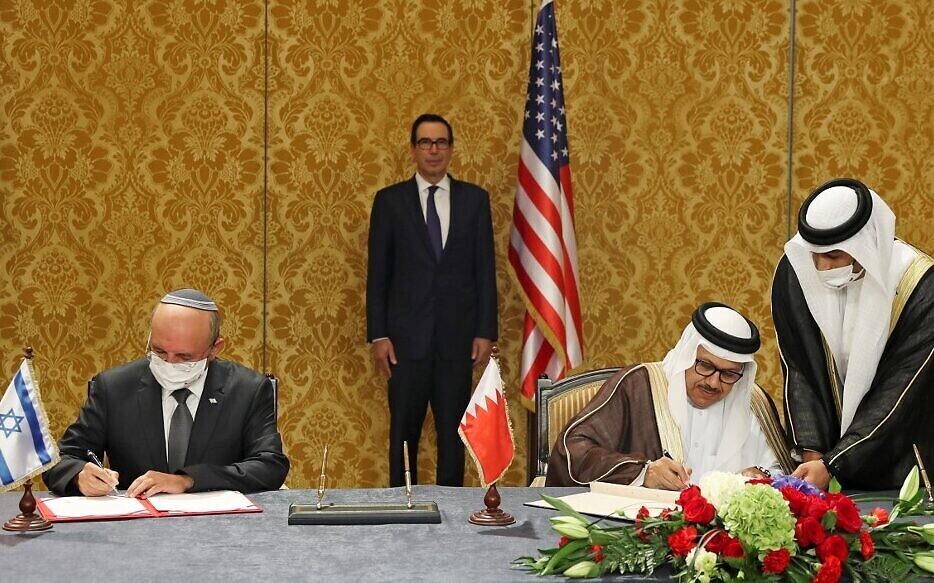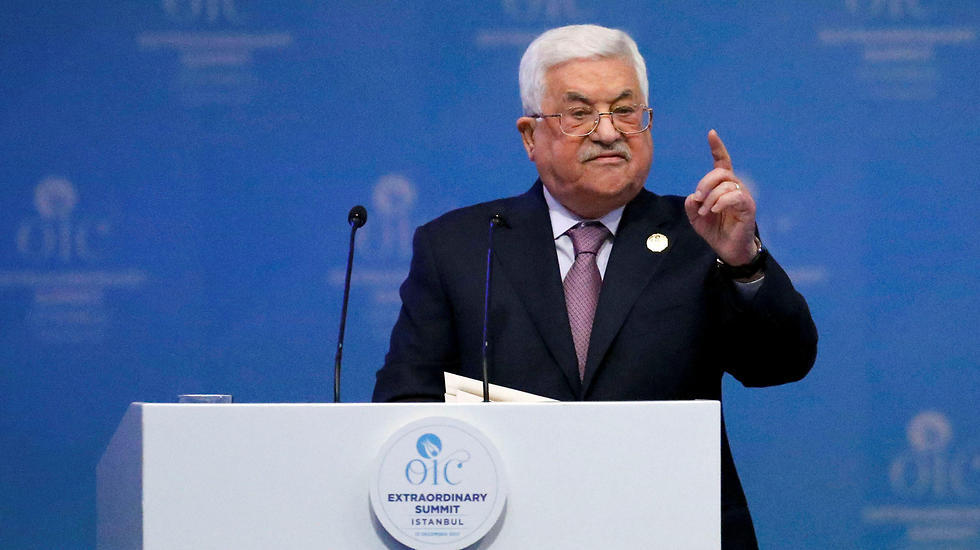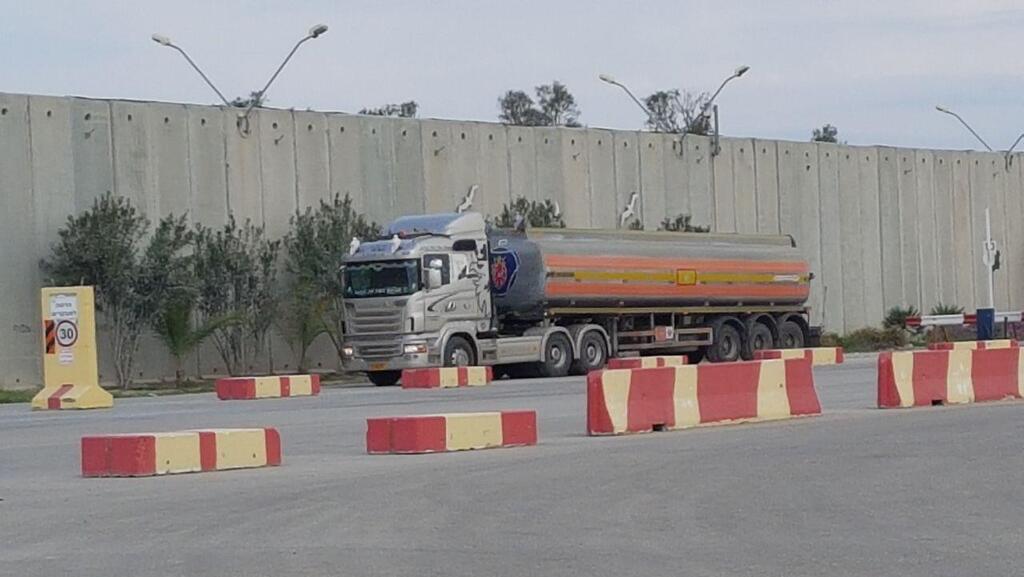Getting your Trinity Audio player ready...
The Palestinian Authority will begin accepting tax revenue collected by Israel after months of boycotting the funds over Jerusalem's now-defunct annexation plans and deductions made to prisoner salaries.
The change in policy will likely come at the end of the month without concessions from the PA.
But Secretary-General of the Palestinian Council of Ministers, Amjad Ghanem, later denied the shift in position, insisting the PA will continue to refuse the funds until Israel agrees to its demands such as easing restrictions on the movement of goods and people between the West Bank and the Gaza Strip.
"We hope that we will win the political battle with the occupation and have the ability to recover the funds for compensation and end political blackmail," Ghanem told Palestinian outlet Watan News.
Israel currently collects VAT and tariffs from all imports destined for the West Bank, generating billions of shekels in taxes that have become the biggest source of income for the Palestinian Authority.
The Palestinian Authority has long refused to accept tax revenue collected by Israel due to Jerusalem deducting the sum of stipends paid by the PA to the families of Palestinian terrorists who are either held in Israeli jails or were killed during an attack.
It doubled down on this position earlier this year after Israel announced that it intended to annex large swathes of the West Bank and Jordan Valley.
3 View gallery


National Security Adviser Meir Ben Shabbat and Bahraini FM Abdullatif bin Rashid Alzayani sign an accord formalizing diplomatic ties between their two countries, Oct. 18, 2020
(Photo: AFP)
As part of the Abraham Accords, which normalizes relations between Israel and the United Arab Emirates and Bahrain, Jerusalem said it would suspend its plans for West Bank annexation.
Israel so far has collected NIS 2.5 billion for the Palestinian Authority, which is used to fund all civil servants and West Bank officials.



